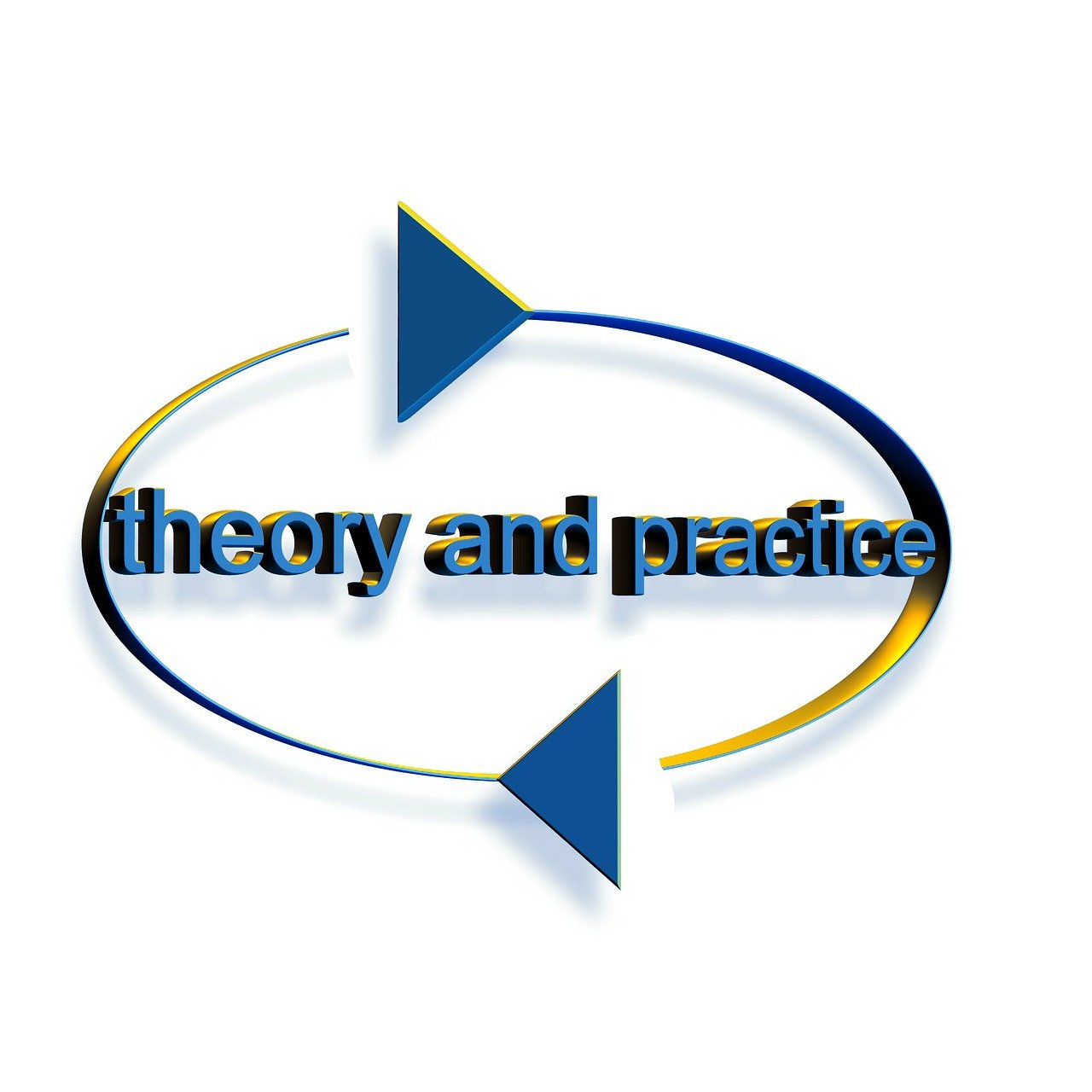Top 5 Medical Simulators Revolutionizing Healthcare Training in 2025
The healthcare industry is witnessing a paradigm shift in the way medical education is delivered. Traditional learning methodologies are rapidly being enhanced or even replaced by high-tech simulation-based training tools. Among these tools, simulators such as the auscultation simulator, hi-fidelity paediatric patient simulator, autonomous human lung simulators, pediatric lung simulator, and laparoscopy simulator have emerged as essential components in medical training environments. These cutting-edge technologies not only improve the learning curve for healthcare professionals but also ensure patient safety and reduce real-life procedural errors. This article explores how these simulators are transforming healthcare education and why they are considered indispensable in modern medical training programs. Auscultation Simulator: Mastering the Art of Listening Auscultation the act of listening to internal body sounds is one of the foundational skills every clinician must maste...
